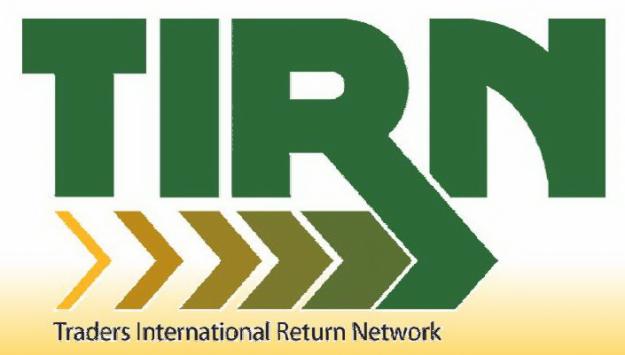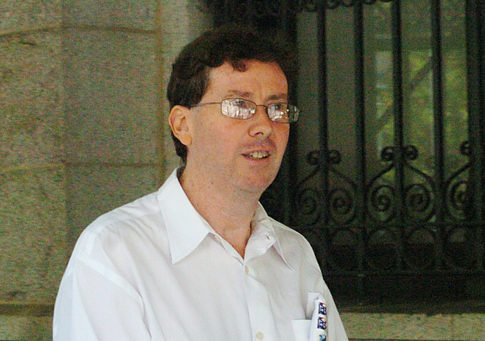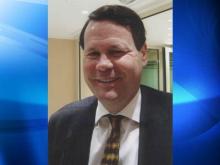October 15, 2009 – The SEC has filed an emergency civil action against David F. Merrick, Traders International Return Network (TIRN), MS Inc., GTT Services, Inc., MDD Consulting, Inc., and Go ! Tourism, Inc alleging financial fraud. According to the complaint, Merrick and his business entities operated a $22 million Ponzi scheme since at least July 2008.
Using a website, www.mytirn.com, Merrick allegedly raised funds from at least 2500 investors by promising monthly dividends of
 up to 22% stating that investor money would be used to buy foreign currency trading, international bonds, international stocks and other investments. Merrick and TIRN instructed customers to deposit funds into accounts in the name of MS and GTT, entities controlled by Merrick. Merrick then allegedly transferred money from those accounts into other accounts in the names of MS, GTT Services, MDD Consulting, and Go ! Tourism.
up to 22% stating that investor money would be used to buy foreign currency trading, international bonds, international stocks and other investments. Merrick and TIRN instructed customers to deposit funds into accounts in the name of MS and GTT, entities controlled by Merrick. Merrick then allegedly transferred money from those accounts into other accounts in the names of MS, GTT Services, MDD Consulting, and Go ! Tourism.
According to the SEC, Merrick and TIRN did not invest in any type of securities but instead used the money for Merrick’s personal use and to repay earlier investors. The SEC also claims that Merrick used at least $3.7 million to finance his lifestyle and to pay credit card bills from MS and GTT Services.
 Boston Accident and Injury Lawyer
Boston Accident and Injury Lawyer











